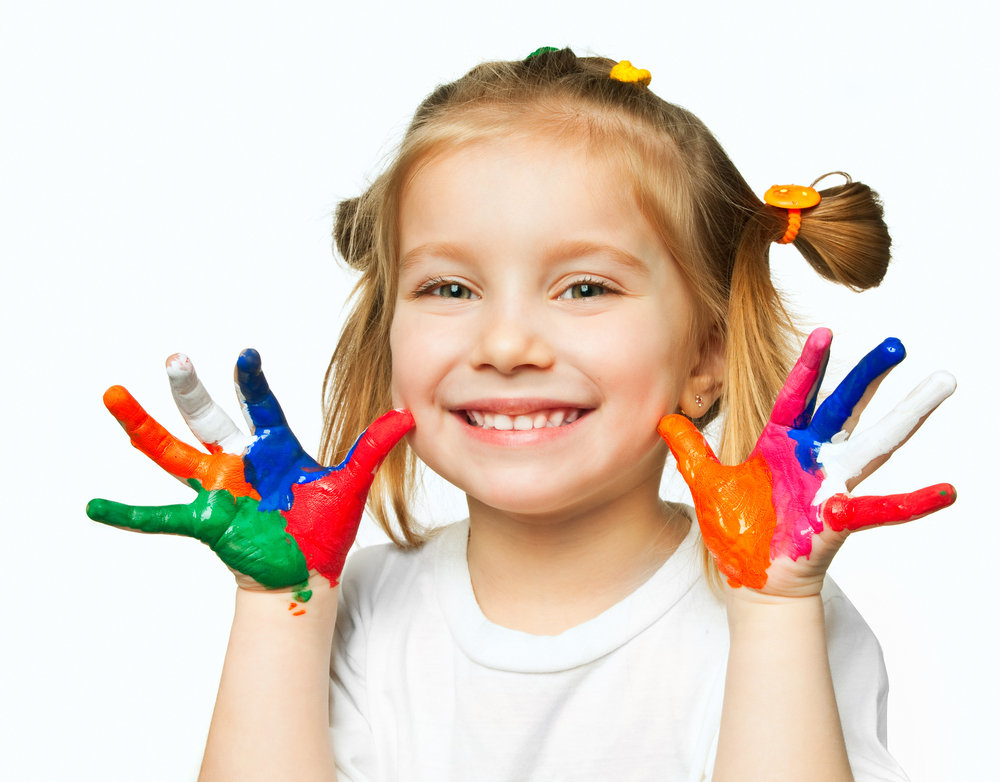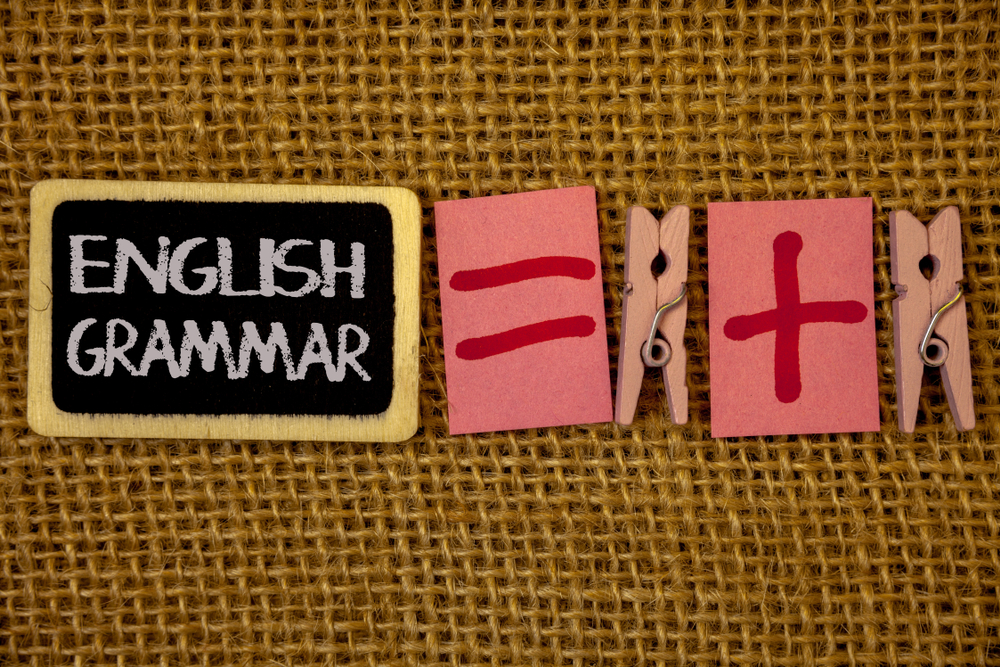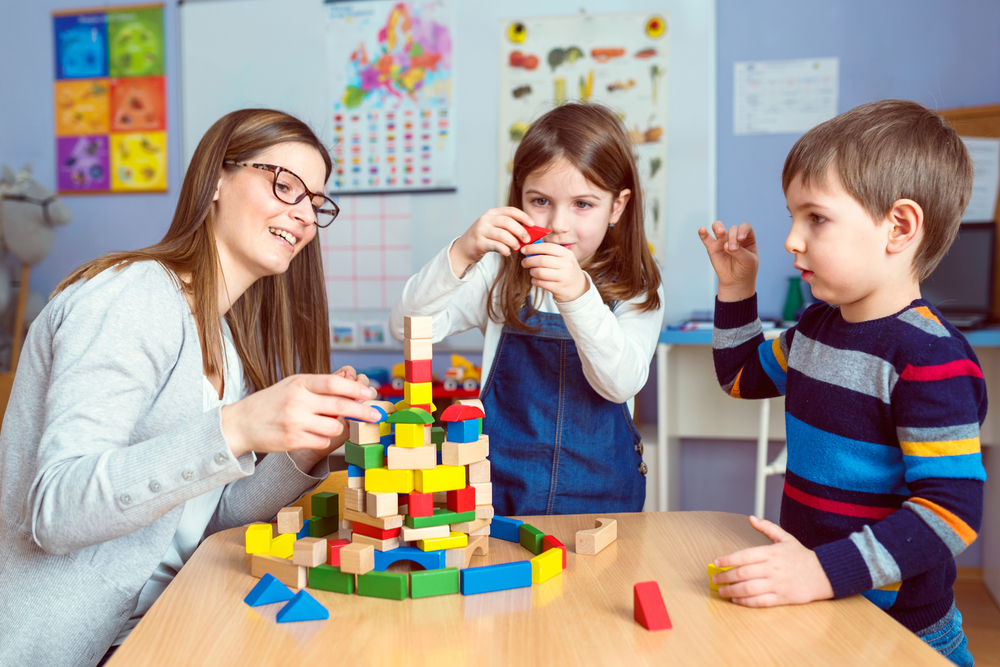Improve counting skills Easy Worksheets for Ages 4-9
7 filtered results
-
From - To
Enhance your child's counting skills with our engaging easy worksheets designed specifically for ages 4-9! Our printable resources offer fun and interactive activities that make learning numbers enjoyable, catering to young learners at various stages of development. These worksheets promote number recognition, counting practice, and basic math concepts through colorful illustrations and age-appropriate challenges. Whether your child is just starting or looking to reinforce their skills, these resources provide valuable practice that aligns with educational standards. Explore our collection today and watch your child develop a strong foundation in counting that will benefit them across all subjects!
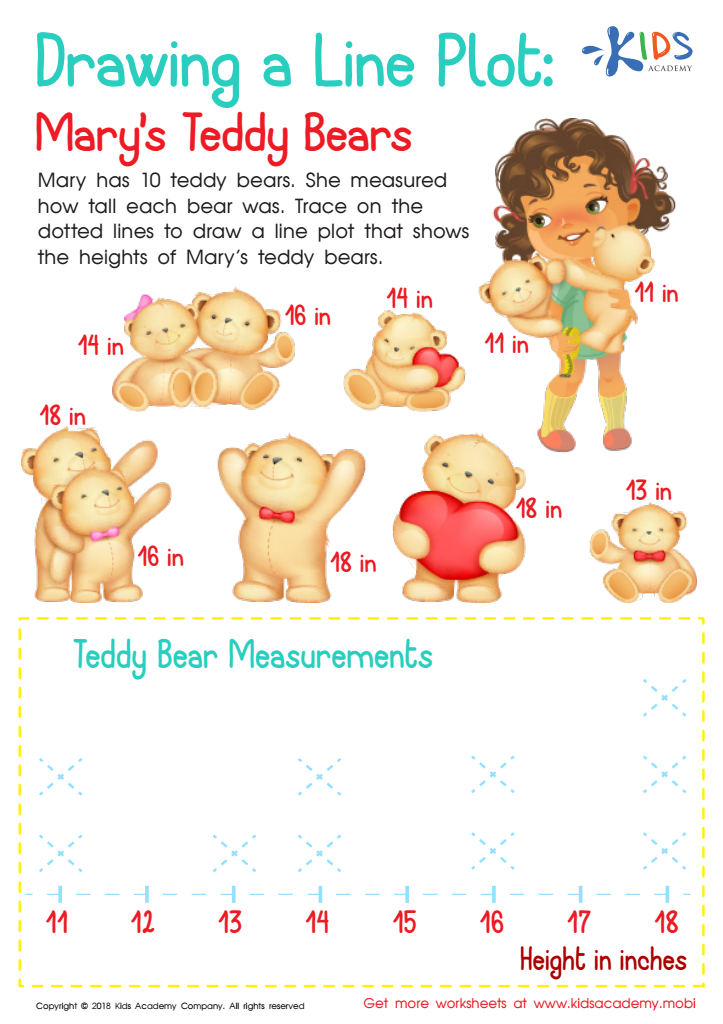

Drawing and Line Plot: Mary's Teddy Bears Worksheet
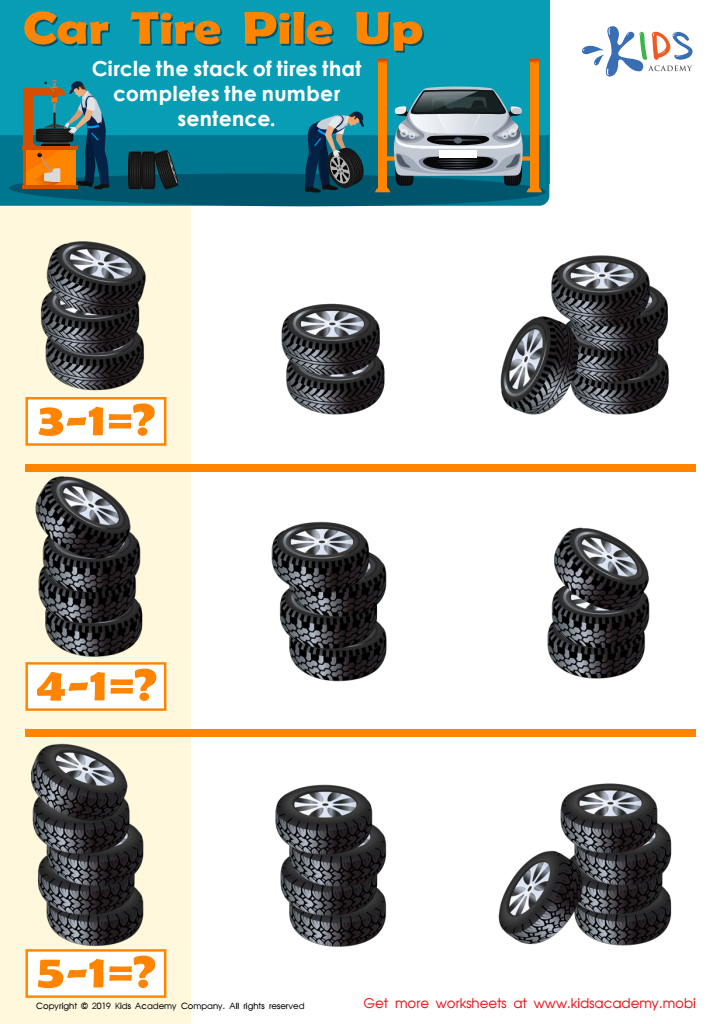

Car Tire Pile Up Worksheet
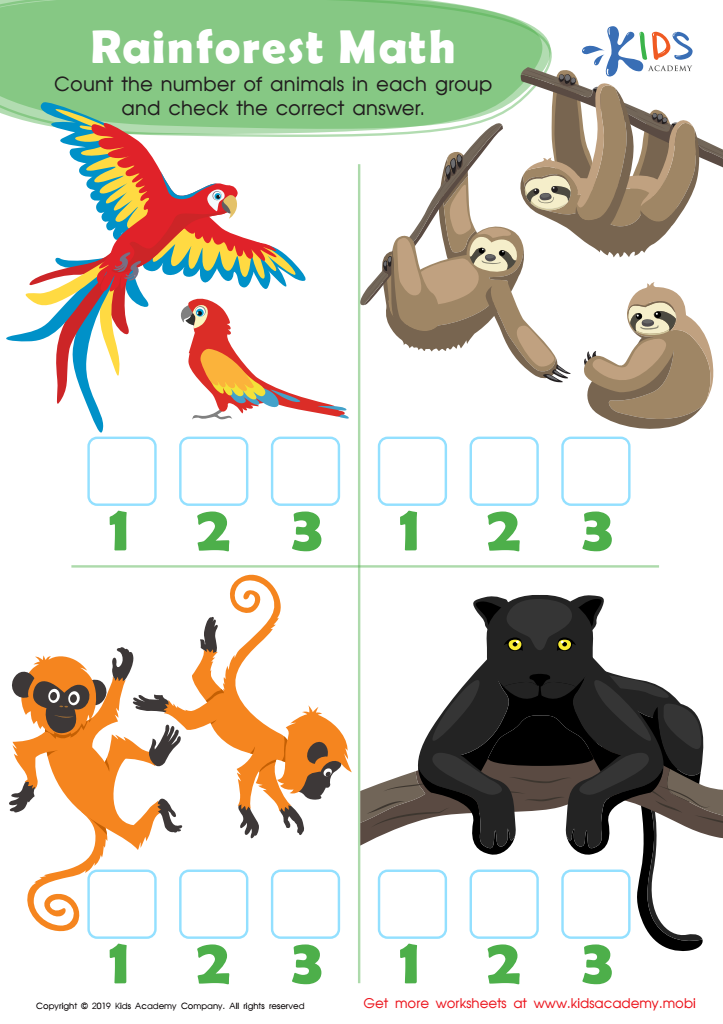

Rainforest Math Worksheet
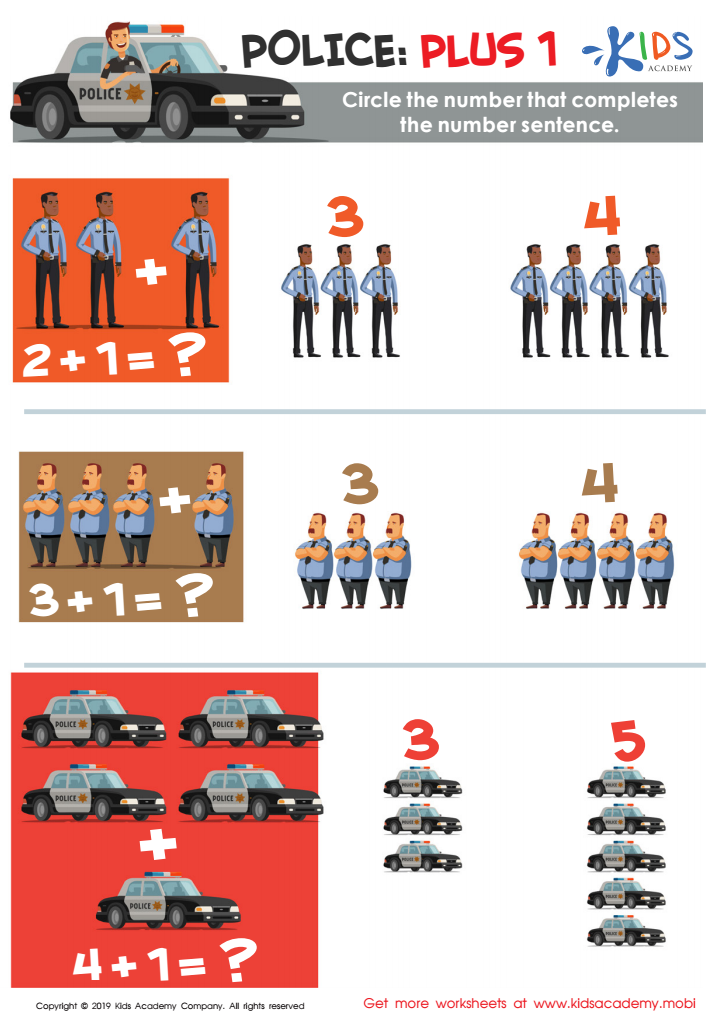

Police: Plus 1 Worksheet
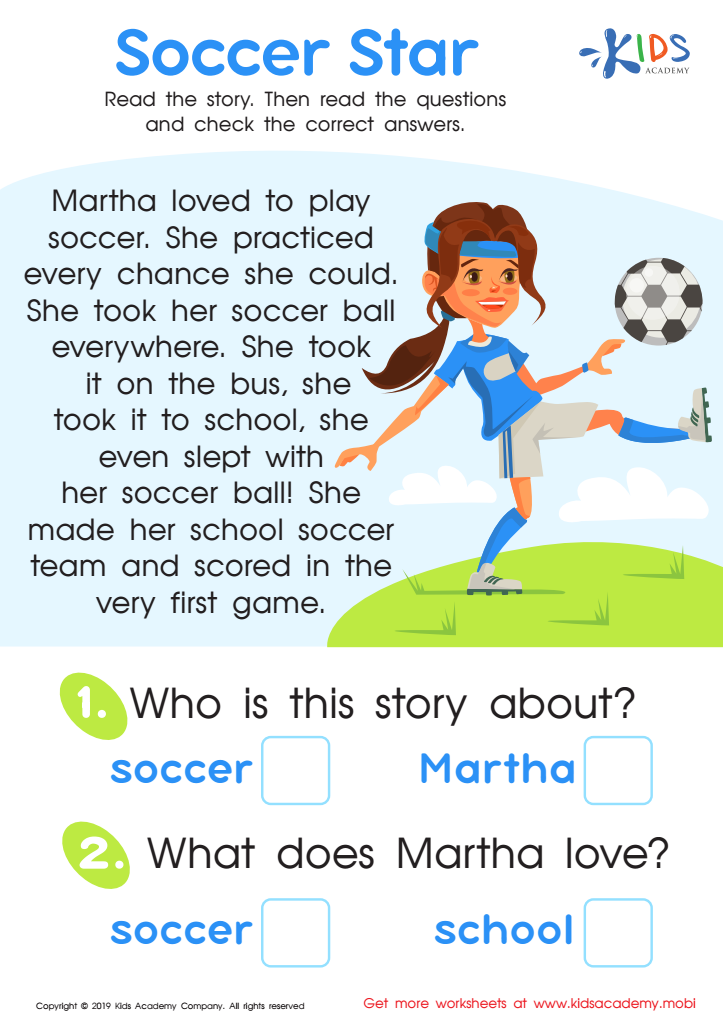

Soccer Star Worksheet
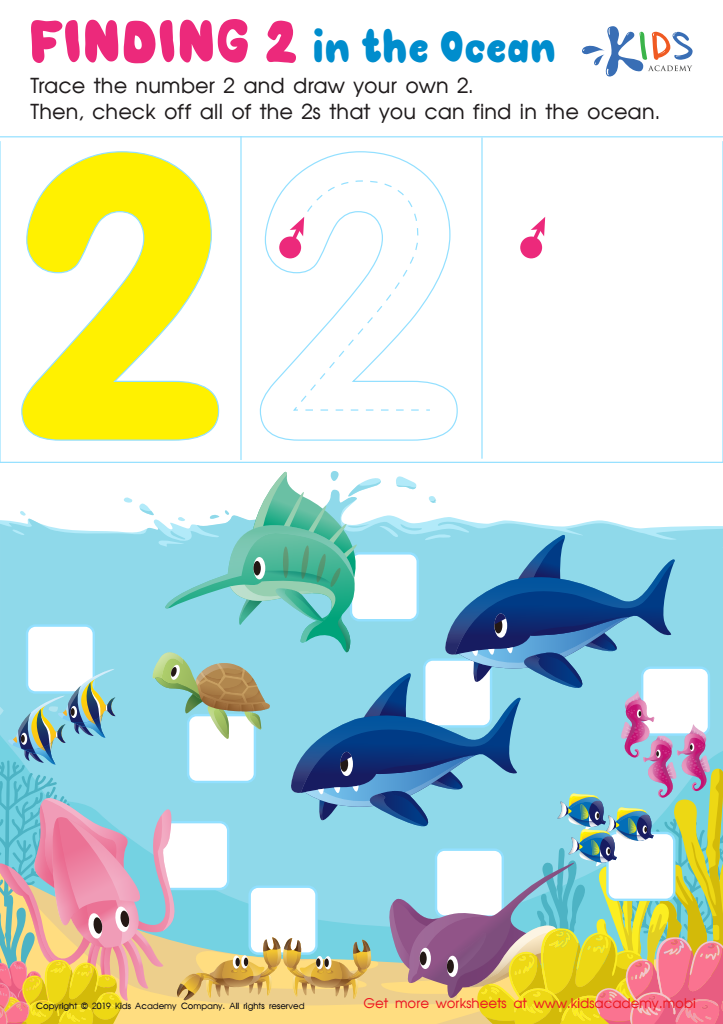

Finding 2: In the Ocean Worksheet
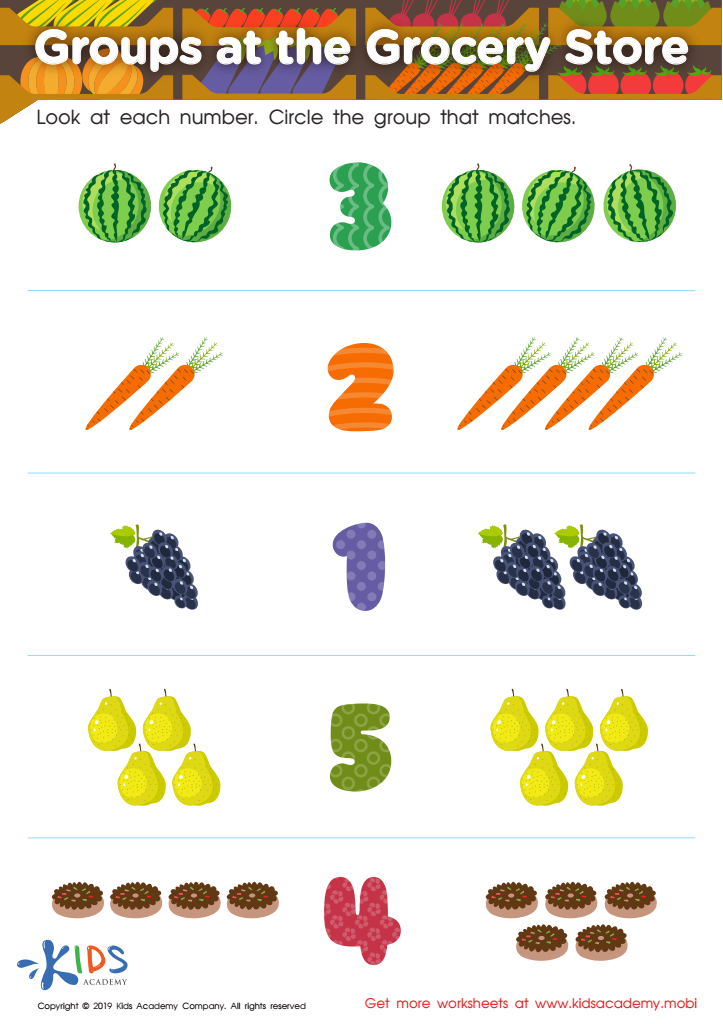

Groups at the Grocery Store Worksheet
Improving counting skills for children aged 4-9 is crucial for several reasons. First, counting is the foundation of mathematics, aiding in the understanding of number relationships, addition, subtraction, and ultimately, more complex mathematical concepts. When children grasp counting early, they're better equipped to tackle math challenges in later grades.
Secondly, strong counting skills promote cognitive development. Children learn patterns and sequences, fostering critical thinking and problem-solving abilities. These skills transcend math and are vital for everyday activities, such as telling time or managing money.
Additionally, counting helps build self-confidence. As children master counting milestones, they develop a sense of accomplishment, encouraging a positive attitude towards learning. This can create a love for math that extends into their future education.
Moreover, counting skills play a significant role in social interactions. Children often engage in games and activities involving numbers, which facilitates teamwork and communication. Therefore, both teachers and parents should prioritize counting exercises, using games, songs, and practical activities to make learning enjoyable.
In summary, enhancing counting skills not only lays the groundwork for future academic success but also supports emotional, cognitive, and social development, making it vital for caregivers to focus on.
 Assign to My Students
Assign to My Students





